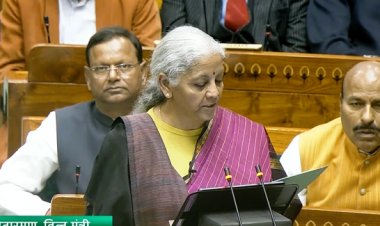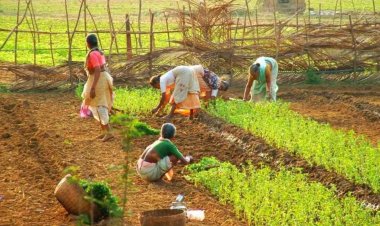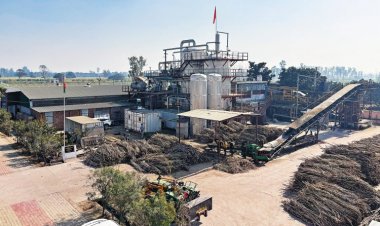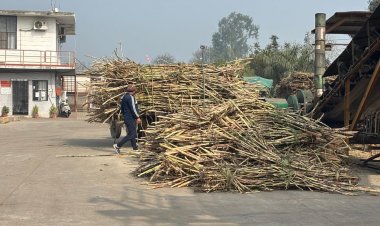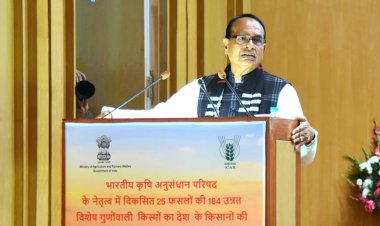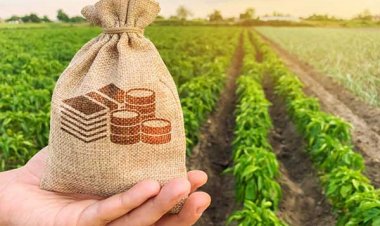195 LMT wheat procured, surpassing 2022-23 data
The procurement of wheat during RMS 2023-24 has already surpassed the total procurement of RMS 2022-23. In RMS 2022-23, the procurement was 188 LMT. However, till April 26th, 2023, wheat procurement during RMS 2023-24 is 195 LMT.
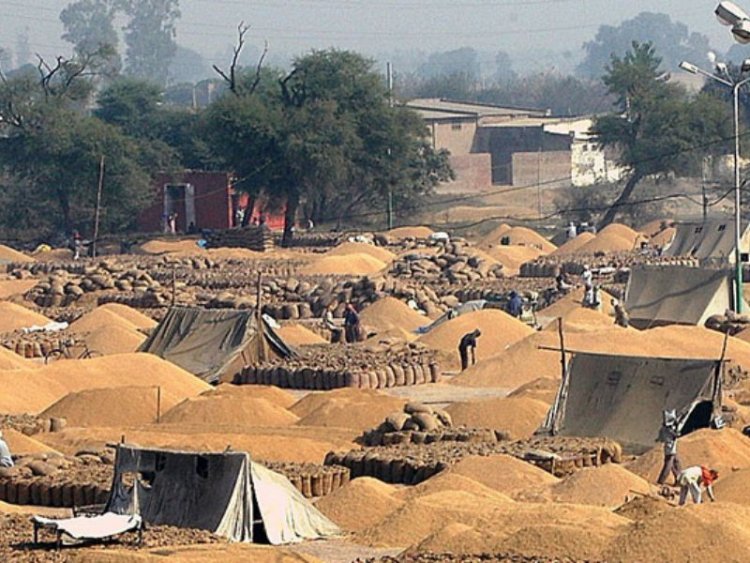
The procurement of wheat during RMS 2023-24 has already surpassed the total procurement of RMS 2022-23. In RMS 2022-23, the procurement was 188 LMT. However, till April 26th, 2023, wheat procurement during RMS 2023-24 is 195 LMT, says an official release.
This has largely benefitted the farmers. MSP outflow of about Rs. 41,148 crores have already been made to about 14.96 lakh farmers during the ongoing wheat procurement operations. Notably, major contribution in the procurement comes from three wheat procuring states -- Punjab, Haryana and Madhya Pradesh with procurement of 89.79 LMT, 54.26 LMT and 49.47 LMT respectively.
One of the major factors, contributing the progressive procurement this year, is the grant of relaxation by the Government of India in quality specifications of wheat being procured, in view of untimely rains leading to luster loss. This will reduce the hardship of farmers and check any distress sale.
The Central Government has also allowed all the states to open procurement centres at village/ panchayat level and to carry out the procurement through Co-operative Societies/Gram Panchayats/Arhatias etc. also in addition to already existing designated procurement centres, for better outreach.
In addition, rice procurement is also progressing smoothly. A quantity of 354 LMT of rice has been procured till April 26 during kharif crop of KMS 2022-23 with another 140 LMT yet to be procured. Further, a quantity of 106 LMT rice has been estimated to be procured during the Rabi crop of KMS 2022-23.
The combined stock position of wheat and rice in the Central Pool, has surpassed 510 LMT which puts the country in a comfortable position to meet its requirements of food grains. With the ongoing procurement of wheat and rice, the food grains stock levels are on rise in Government granaries.



 Join the RuralVoice whatsapp group
Join the RuralVoice whatsapp group

















